Description
The Electro Harmonix Stereo Clone Theory Analog Chorus/Vibrato is in New condition and made by Electro Harmonix , it is just a great Clone Stereo Harmonix Electro Pedals Effects Guitar Guitars Electric Guitar Effect Pedal Guitar Effect Pedal- A classic revisited in stereo. With the Electro Harmonix Stereo Clone Theory Analog Chorus/Vibrato, EHX have recreated their legendary original 1970’s Clone Theory in stereo. Fitted in a smaller enclosure, you still get all the chorus magic that gave Peter Hook his trademark bass sound, and made it a favourite of Kurt Cobain. You can hear this iconic effect on various landmark records and if you want to access this edgy modulation sound, the Clone Theory is the only way to go. . Available from Just Pedals for only £ 115 + delivery. Read More for details, demos & to order securely online.
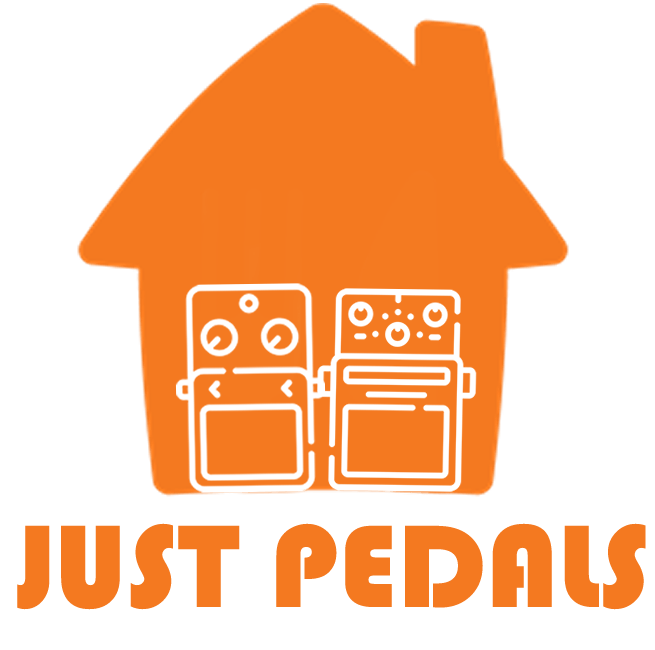


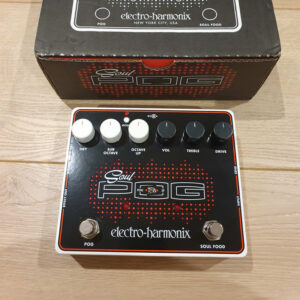
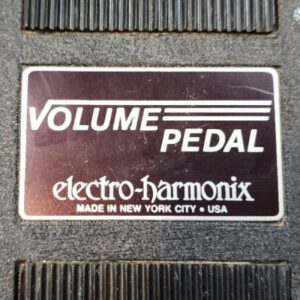
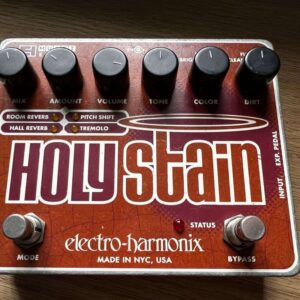
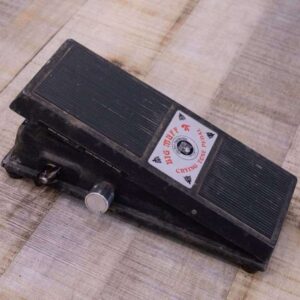
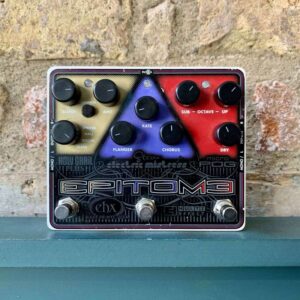



Reviews
There are no reviews yet.